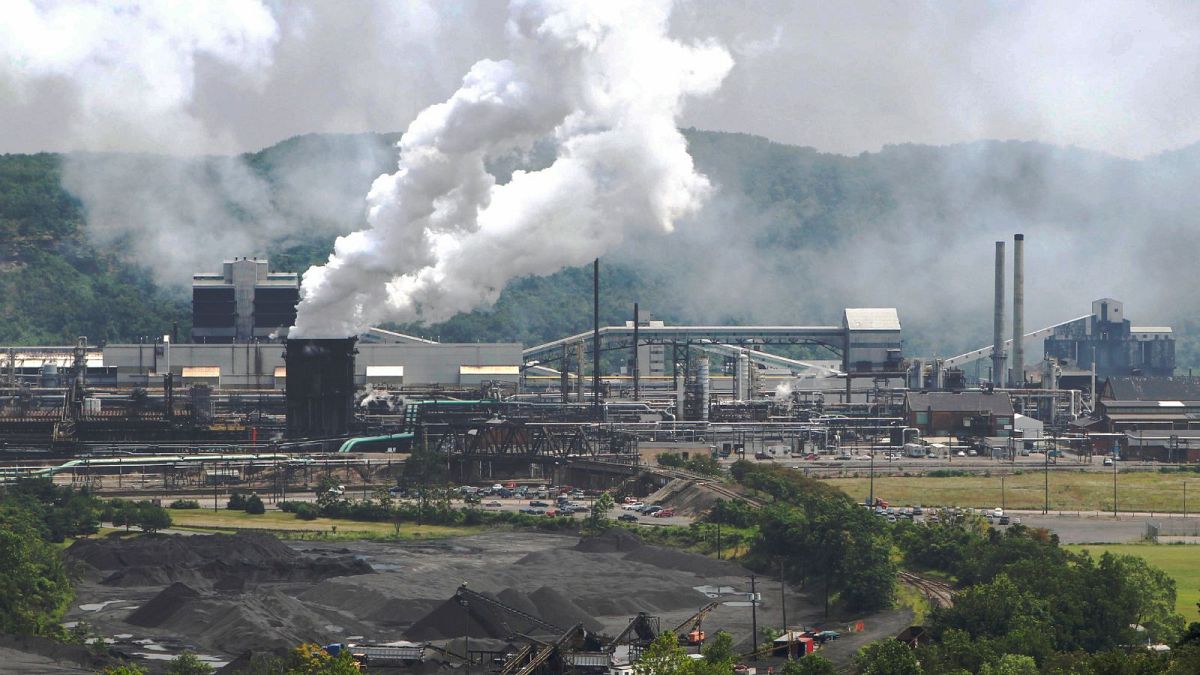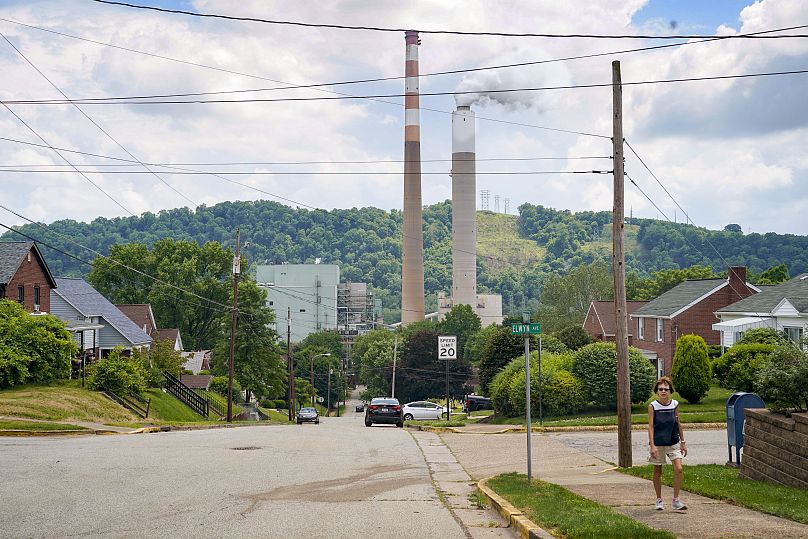One researcher compared the benefits from cleaner air to the health gains people make after quitting smoking.
The closure of a large coal plant in the US has been linked to a near-instant drop in heart attacks and strokes among local people.
Shenango Coke Works facility in Pittsburgh closed in January 2016 after incurring millions of dollars in government fines for air and water pollution.
Years of community pressure helped bring its long reign to an end - and locals were quickly rewarded in health gains, according to a new study by researchers at New York University (NYU) Grossman School of Medicine.
"Our research provides compelling scientific evidence that the closure of this coal-processing coke plant significantly eliminated fossil fuel-related air pollution emissions that improved the air quality and cardiovascular health of nearby residents," says lead investigator Wuyue Yu.
Average weekly visits to the local emergency departments for heart-related problems decreased by 42 per cent immediately after the shutdown, analyses of state health records show.
The study did not demonstrate a cause-and-effect link between any one individual’s health and the plant’s closure, exactly. But the results of the “natural experiment” - published in the journal Environmental Health Research - show a strong overall statistical association between the two.
What is the health impact of shutting a coal plant?
Shenango Coke Works on Neville Island in Pennsylvania produced coke - a coal-derived product used in steelmaking - for more than 50 years.
Its closure led to immediate and lasting declines in emissions of fossil fuel-related air pollutants.
Average daily levels of toxic sulfur dioxide fell by 90 per cent at government air-monitoring stations near the plant, and by 50 per cent at one around 10 kilometres away. Arsenic in particulate matter, another coal-combustion by-product people can inhale, fell by 66 per cent.
Analysing data from January 2016 through to December 2018, the researchers observed health improvements over the longer-term too.
There were 33 fewer average annual hospitalisations for heart disease over this period compared to the three years preceding the plant closure. This included 13 fewer average yearly hospitalisations for ischemic heart disease (typically heart attack) and 12 fewer average yearly hospitalisations for cerebrovascular events (most often stroke).
Senior study investigator George Thurston compared the benefits from the dramatic drop in air pollution exposure to the steady reductions in illness and disease people experience after they quit smoking.
"Our analysis adds to the growing body of scientific evidence that policies implemented to regulate and reduce fossil fuel-related air pollution have real public health benefits," adds Thurston, a professor in the Departments of Medicine and Population Health at NYU Langone.
What are the health impacts of Europe’s coal plants?
There have been plenty of past studies tying fossil-fuel polluted air to immediate upticks in asthma attacks, says Yu, as well as long-term increases in inflammatory conditions that lead to heart attack and stroke.
In Europe, the Beyond Fossil Fuels (BFF) campaign group has modelled the health impacts from coal power stations in different countries. The highest levels of coal-related premature deaths and hospital admissions can be seen in Germany, Poland and Serbia, all top producers.
"It’s no surprise that shutting down coal plants and ending the stream of toxic pollution provides massive health benefits for communities, and health savings for countries," BFF coal and gas campaigner Alexandru Mustață tells Euronews Green.
"Many Europeans are now experiencing this, as since 2016, 171 coal plants across Europe have either already closed, or committed to close by 2030 at the latest.
"However, we need to move faster to finish closing coal plants, and not create new problems by replacing them with fossil gas."
The US researchers say their study serves as another scientific milestone about the health benefits of cleaner air, SciDaily reports.
It also provides a public-policy reminder about the need to carefully monitor air quality after closing polluting plants and to assess their health impact on nearby residents.




